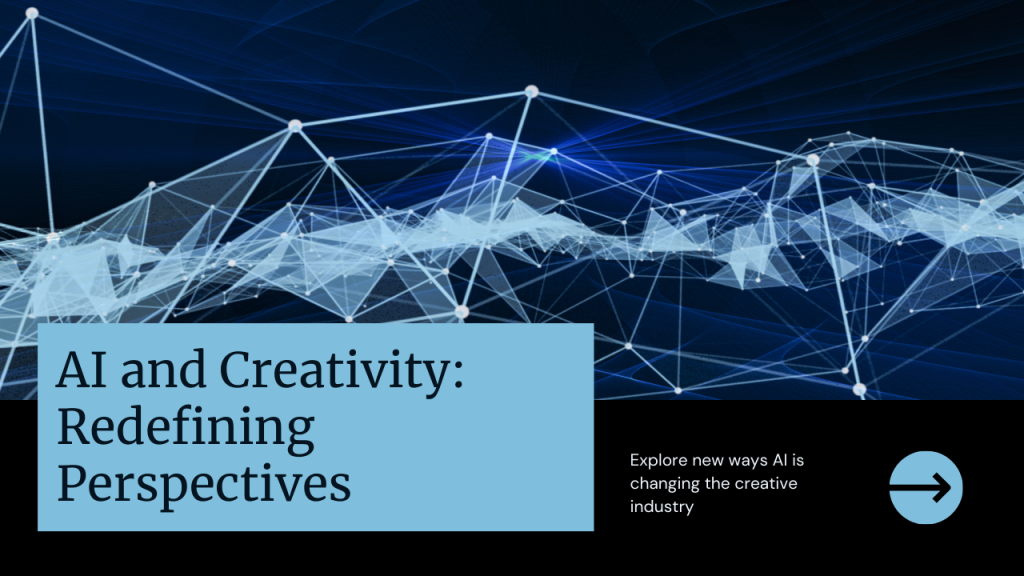Artificial intelligence (AI) is posing a challenge to conventional ideas about innovation and creativity by providing fresh insights into how to comprehend and utilize human ingenuity. Although artificial intelligence (AI) has traditionally been linked to activities like data processing and problem-solving, more recent developments have shown that AI has the ability to produce literature, music, art, and other forms of creative expression.
Generative AI is one of the most interesting uses of AI in the creative domain; it employs machine learning algorithms to produce unique literary, musical, and artistic creations. These works of art, which range from AI-authored novels and poems to algorithmic paintings and computer-generated music, push the bounds of what is thought to be conventionally human creativity and provide fresh perspectives on the nature of artistic expression.
AI is also making it easier for humans and machines to work together, which creates new opportunities for multidisciplinary creativity and innovation. Artists, designers, and engineers are utilizing AI’s computational power and pattern recognition capabilities to explore new design paradigms, generate creative solutions, and push the frontiers of their respective industries through tools like co-creative interfaces and AI-assisted design.
AI is also democratizing access to resources and tools for creativity, enabling people of all backgrounds to express themselves creatively and in novel and surprising ways. People all across the world are utilizing AI to share their distinct viewpoints with the world and to explore their creative potential, whether through AI-powered narrative tools, music composition platforms, or art apps.
It is crucial to take into account the societal effects and ethical ramifications of AI-generated content as we embrace the nexus between creativity and AI. The complex ethical issues raised by AI-driven creativity, ranging from issues of authorship and ownership to worries about algorithmic bias and cultural appropriation, need for serious thought and discussion among artists, technologists, and politicians.
We can open up new avenues for creativity and invention and redefine what it means to be human in the era of artificial intelligence by embracing the revolutionary potential of AI and encouraging interdisciplinary collaboration.


